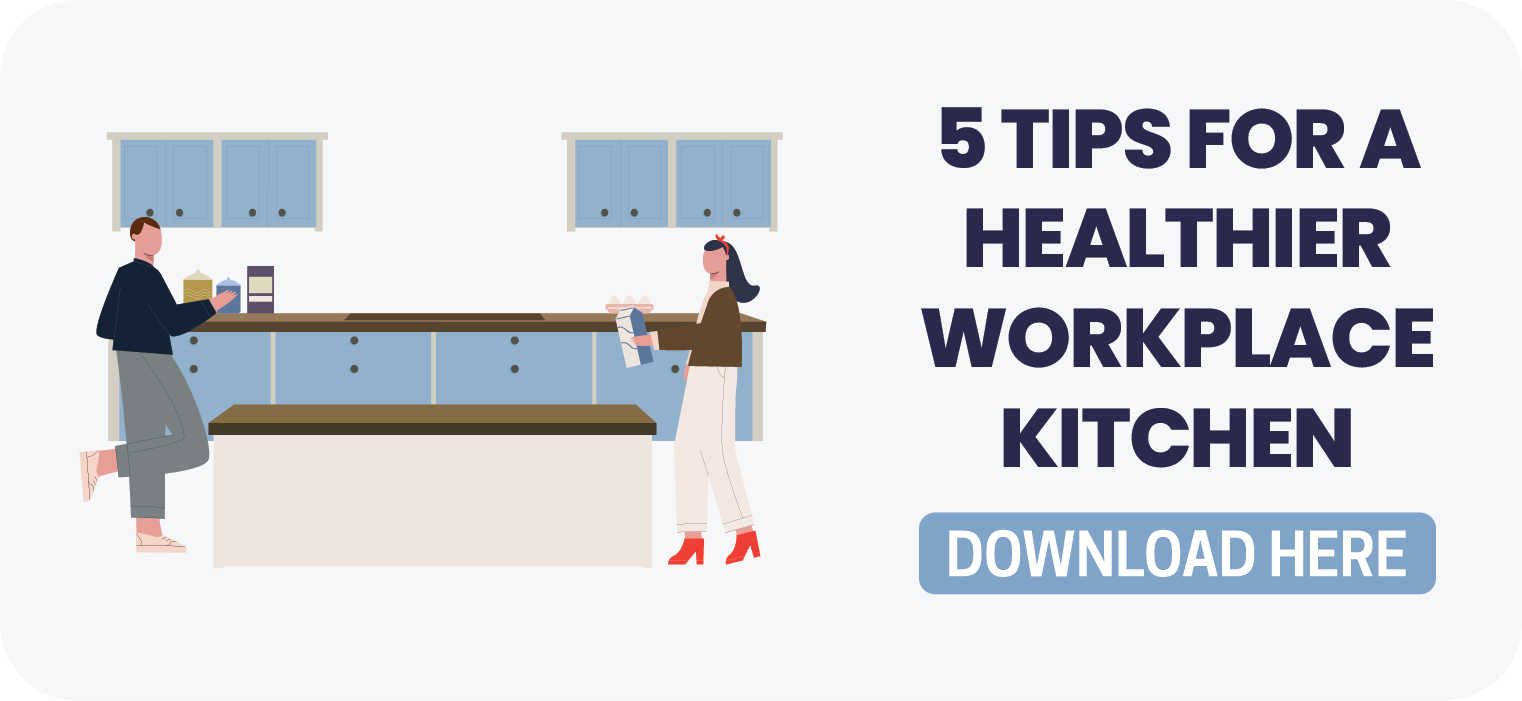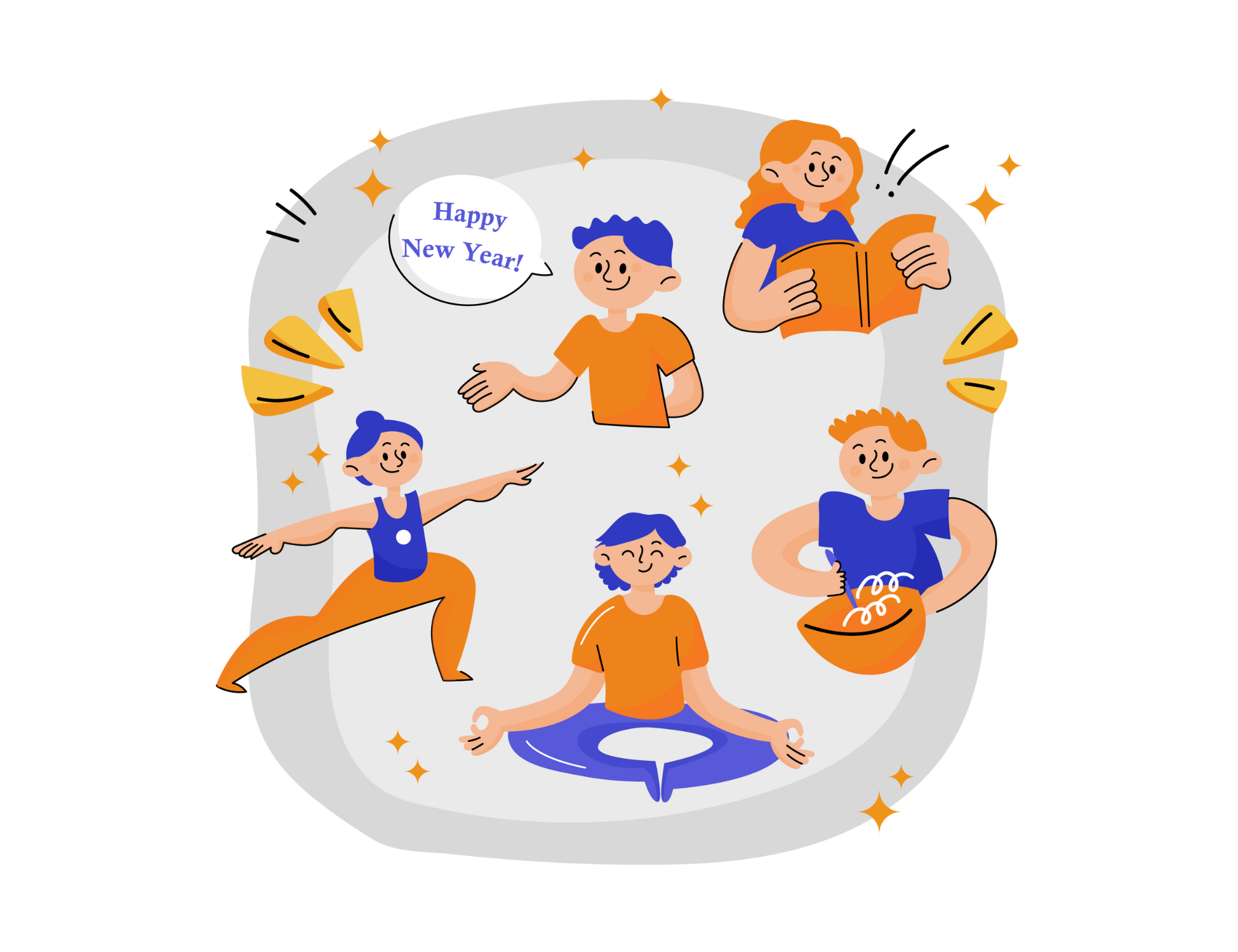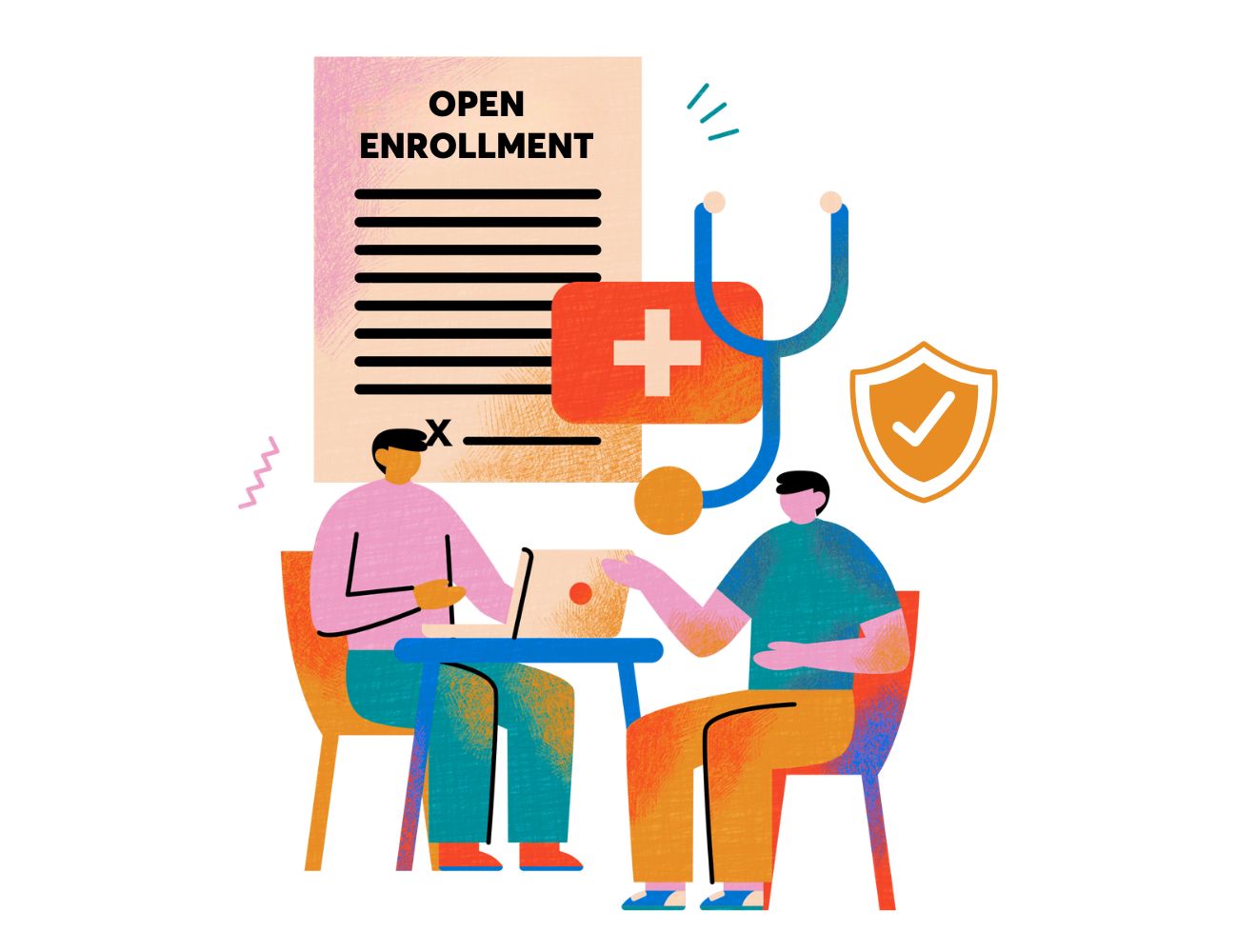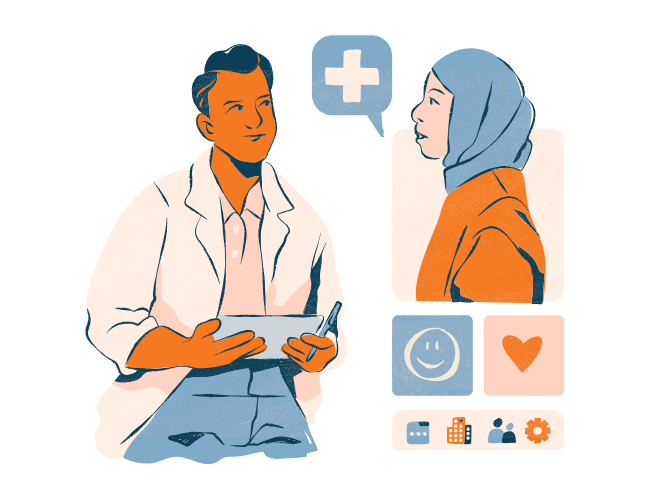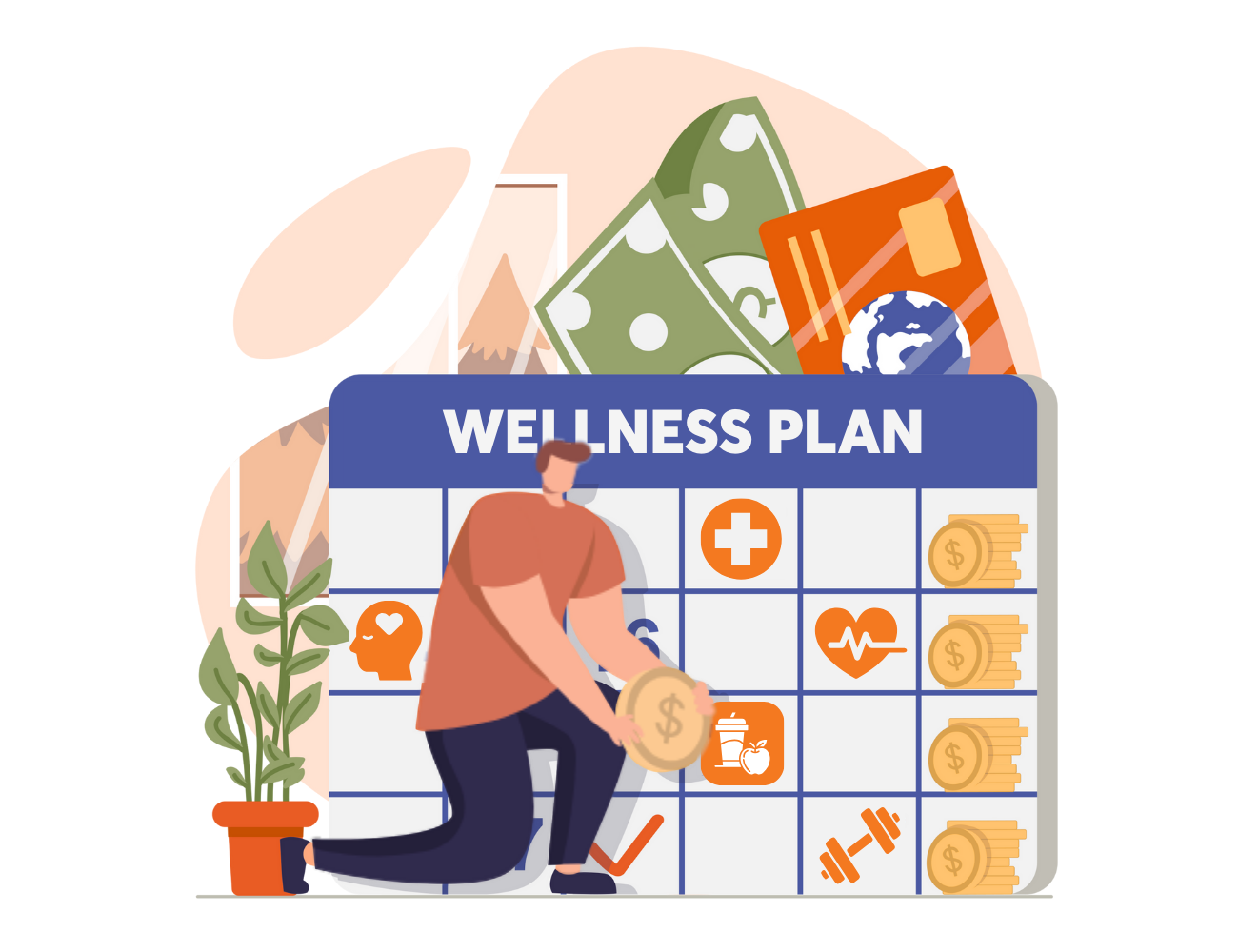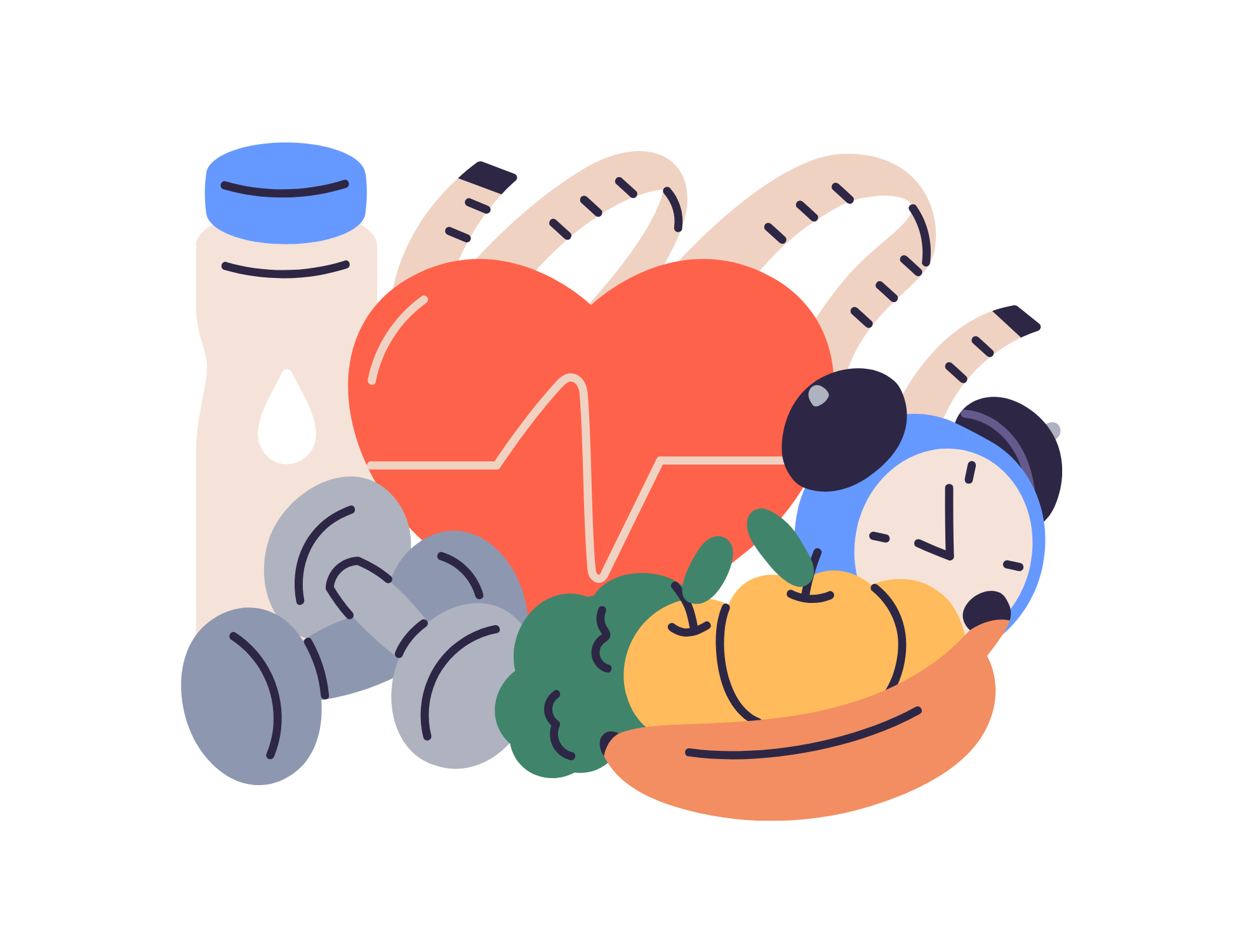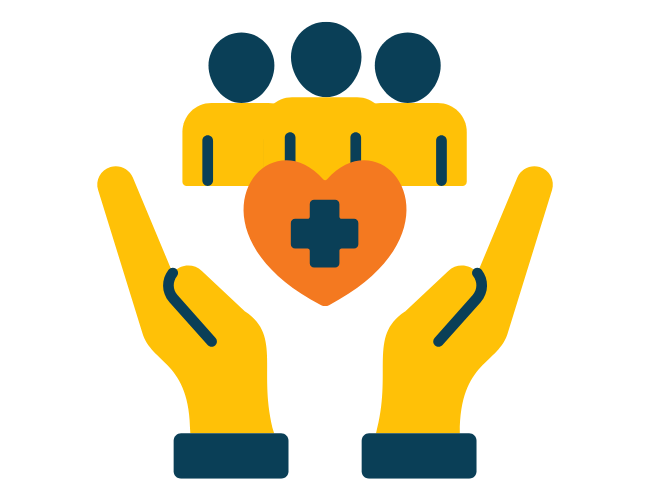It’s not groundbreaking news that ultra-processed foods aren’t healthy, but a new National Institutes of Health study provides a twist: ultra-processed foods can lead to more weight gain even when eating the same amount of calories as someone who eats unprocessed foods. Even worse, people are likely to eat more of the ultra-processed foods than they are of natural choices.
With so many companies providing employee meals and snacks (both free and paid), wellness coordinators need to pay attention to the health ramifications of serving processed foods.
Understanding Food Classification
Foods are divided into four categories based on the amount of processing they have received.
Group 1: Unprocessed or minimally processed foods like fresh vegetables, grains, meats, fruits, nuts, and milk are whole foods that are in their most natural state.
Group 2: Processed culinary ingredients are items obtained from group 1 foods to enhance flavorings, such as salt mined, honey from combs, and maple syrup from trees.
Group 3: Lightly processed foods receive additional ingredients such as oil, sugar, or herbs, but not in amounts that are detrimental to health. Canned or bottled vegetables, cheeses, canned fish, or fruits in syrup are examples of lightly processed foods.
Group 4: Ultra-processed foods are ones that go through multiple processes and have as many as five added ingredients, such as hydrogenated oils, high fructose corn syrup, emulsifiers, and flavoring agents. Examples are chips, soft drinks, chicken nuggets, breakfast cereals, and hot dogs.
Study Results: What You Eat Counts
The study provided a group of 20 volunteers with two diets: one ultra-processed and one minimally processed. Both diets had the same amount of calories, sugars, fiber, fat, and carbohydrates. Still, the ones who ate the minimally processed diet ate less food and lost approximately two pounds during the monthlong experiment. In contrast, those on the ultra-processed diet ate about 500 calories more, ate faster, and gained about two pounds.
Previous studies have looked at the connection between diet and health problems, but that research didn’t determine causality. Scientists determined that more research was needed to understand what aspects of the two diets made the difference in weight gain, particularly when the calories were the same.
Time To Rethink Employee Eating Perks
People like to eat when celebrating, when bored, when commiserating, and occasionally, even when they’re hungry. That increased desire for excitement and convenience through food has made its way into the work environment as companies offer not just lunch in the cafeteria but often free snacks and drinks all day long. According to the CDC, free food accounts for 71% of the calories employees eat at work.
Single-serve bowls of cereal in the cafeteria. Trail mix in the break room. Beer in the company fridge. Employees increasingly enjoy free food as a perk, and employers are eager to provide it to attract and retain talent. The Society of Human Resources Management says that companies offering snacks and drinks increased from 20% in 2014 to 32% in 2018.
However, if companies are not providing minimally processed options, they may be contributing to employees’ poor health, resulting in weight gain and associated complications. When providing employees with meals and snacks, companies need to make sure that the offerings aren’t just tasty short-term, but that they support employees’ wellness in the long-term. This is a critical and often overlooked element of building a culture of health.



